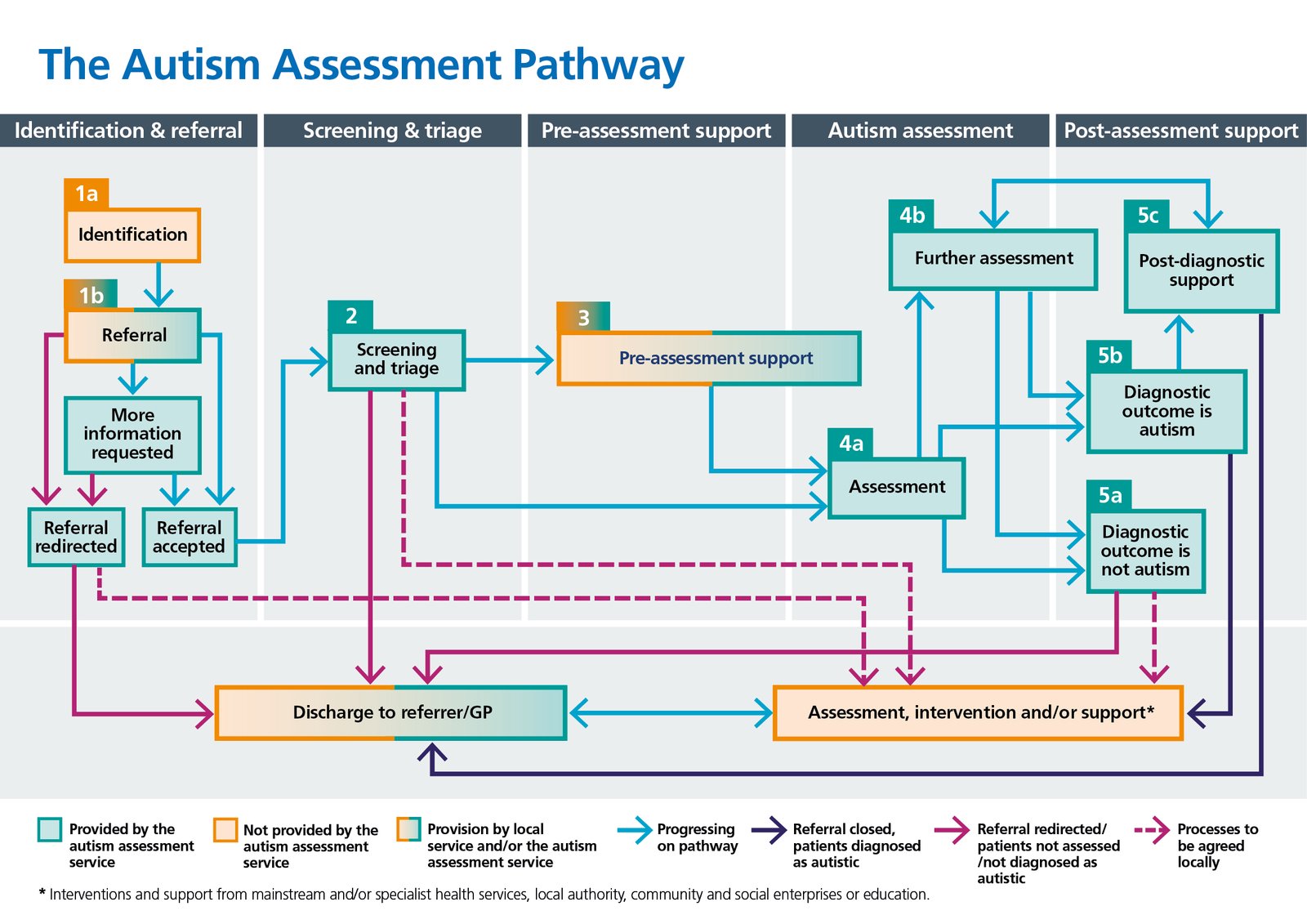In today’s rapidly evolving digital world, businesses are increasingly vulnerable to cyberattacks. Cybersecurity is no longer just a luxury but a necessity for any organization, regardless of its size. However, not every company can afford to hire a full-time Chief Information Security Officer (CISO) to manage their security needs. This is where a Virtual Chief Information Security Officer (VCISO) comes in. A VCISO provides businesses with access to high-level cybersecurity expertise and guidance, without the cost of a full-time executive. The role of a VCISO is becoming crucial for many businesses looking to protect their data, ensure compliance, and develop a strategic approach to managing security risks.
The demand for cybersecurity professionals has grown exponentially, and the shortage of skilled experts means that companies need to find alternative solutions. A VCISO offers the flexibility and scalability businesses need. From creating a cybersecurity framework to managing ongoing security operations, a VCISO can provide tailored services that meet the specific needs of the business. Whether you’re a small startup or a growing enterprise, a VCISO can help safeguard your operations and provide peace of mind.
What Does VCISO Stand For?
Definition of VCISO
A VCISO, or Virtual Chief Information Security Officer, is an outsourced cybersecurity expert who works remotely to oversee an organization’s information security strategy. Unlike a traditional CISO, who is a full-time employee, a VCISO typically works as a contracted consultant or part-time executive. This allows businesses to access high-level expertise without the financial burden of a full-time hire. The role involves developing and maintaining a comprehensive security program, monitoring for potential threats, and ensuring compliance with industry regulations.
A VCISO’s responsibilities also include assessing the organization’s current security posture, identifying vulnerabilities, and establishing procedures to mitigate risks. They play a vital role in setting up security policies, guiding teams, and ensuring that the business is prepared to handle security breaches or attacks effectively. Businesses that may not have the internal resources to employ a full-time CISO can benefit greatly from the flexibility and expertise that a VCISO brings.
Difference between a VCISO and a Traditional CISO
The key difference between a VCISO and a traditional CISO lies in the nature of their employment. A traditional CISO is a full-time, in-house employee responsible for leading the cybersecurity efforts within the organization. They work closely with other departments to develop security strategies, manage security teams, and oversee the implementation of security measures.
In contrast, a VCISO is typically a third-party consultant or part-time executive who works remotely or on a flexible contract basis. While they provide the same level of expertise and guidance as a full-time CISO, the business does not need to commit to a long-term, full-time salary. This makes a VCISO an attractive option for small and medium-sized businesses that cannot afford the high salary of a full-time CISO but still require top-tier security leadership.
Role and Responsibilities of a VCISO
Key Tasks a VCISO Performs for a Business
The primary responsibility of a VCISO is to manage the overall cybersecurity posture of a business. This includes developing a comprehensive security strategy, identifying and mitigating risks, and ensuring that the company adheres to necessary regulations. A VCISO will often perform tasks such as conducting regular security assessments, defining security policies, and managing the implementation of security technologies.
Additionally, the VCISO provides guidance to the company’s executive team on the potential risks associated with emerging technologies or security threats. They ensure that the organization’s IT infrastructure is protected from data breaches, cyberattacks, and other security vulnerabilities. The VCISO’s expertise can also extend to areas like data protection, incident response planning, and disaster recovery. They work to ensure that businesses can respond quickly and effectively to security incidents, minimizing potential damage.
Importance of Strategic Planning and Risk Management
One of the most critical aspects of a VCISO role is strategic planning. A VCISO helps businesses develop a long-term cybersecurity strategy that aligns with the company’s goals and objectives. This plan covers aspects like risk management, data protection, and regulatory compliance. By assessing the organization’s current cybersecurity posture, a VCISO can identify vulnerabilities and create a roadmap for improving security measures over time.
In addition, risk management is at the core of a VCISO’s responsibilities. They help businesses understand the potential risks they face in the ever-changing cyber landscape. This includes not only managing known threats but also preparing for emerging risks, such as new forms of malware or phishing attacks. A well-managed risk strategy allows businesses to stay ahead of cyber threats and minimize the potential impact of security breaches.
Why Your Business Might Need a VCISO
Cost-Effective Solution for Small and Medium-Sized Businesses
Many small and medium-sized businesses (SMBs) lack the resources to hire a full-time CISO, which can be an expensive investment. A VCISO provides a cost-effective alternative. By outsourcing the role to a virtual security expert, SMBs can access the same level of expertise as larger corporations without breaking the bank. With a VCISO, businesses only pay for the services they need, and the costs are more predictable, making it easier to budget for cybersecurity efforts.
Additionally, hiring a VCISO allows businesses to scale their security operations as needed. If the company grows or faces new challenges, the VCISO can adjust the strategy to ensure continued protection. The flexibility offered by a VCISO is particularly beneficial for businesses in fast-moving industries or startups that need to focus resources on growth.
Scaling Security Efforts Without the Need for a Full-Time Hire
As businesses expand, their security needs become more complex. Hiring a full-time, in-house CISO might not be feasible for companies that are not ready to make such a significant investment. A VCISO provides a scalable solution that grows with the business. The VCISO can work on specific projects, such as developing a security framework or preparing for compliance audits, or they can oversee the organization’s security efforts on a more ongoing basis.
By outsourcing the CISO role, businesses can avoid the long-term commitment and expenses associated with a full-time executive while still receiving expert guidance. The VCISO can also bring in additional resources or support when needed, ensuring that the security efforts are always aligned with the company’s current size and needs.
Real-World Scenarios Where a VCISO Can Add Value
A VCISO is particularly valuable for businesses that are facing specific challenges or growth pains. For example, if a company is experiencing an increase in cyber threats, a VCISO can help evaluate the risks and develop a plan to address them. In industries with stringent regulations, such as healthcare or finance, a VCISO ensures compliance with data protection laws like GDPR or HIPAA.
Moreover, companies that are considering digital transformation or adopting new technologies can benefit from a VCISO’s strategic guidance. The VCISO helps ensure that cybersecurity is integrated into the business’s technological infrastructure, avoiding potential vulnerabilities as the company adopts cloud services, IoT devices, or other emerging technologies.
Benefits of Hiring a VCISO
Expert Guidance on Cybersecurity Best Practices
A key benefit of hiring a VCISO is the access to expert guidance on cybersecurity best practices. These professionals are often highly experienced and bring a wealth of knowledge on securing IT infrastructures, developing security protocols, and managing risk. The VCISO provides businesses with the insights needed to implement industry-standard security measures, reduce vulnerabilities, and protect sensitive data.
Additionally, a VCISO helps businesses stay up to date with the latest cybersecurity trends, ensuring that they are prepared for new types of threats. Their expertise ensures that businesses are adopting the most effective and appropriate cybersecurity tools and strategies, saving time and money in the long run.
Access to High-Level Expertise Without the Cost
For many organizations, hiring a full-time CISO may not be financially viable, especially for smaller businesses. A VCISO provides access to high-level expertise without the associated costs of a full-time executive. By hiring a VCISO, businesses can tap into the knowledge of a seasoned professional who can address complex security challenges and provide strategic insights.
This can be particularly beneficial for businesses that lack an internal security team or have limited resources. A VCISO brings an external perspective and helps ensure that security is prioritized within the organization, without the need for a full-time commitment.
Faster Incident Response and Risk Mitigation
Having a VCISO on board can greatly improve a company’s ability to respond to security incidents quickly and effectively. They help develop an incident response plan, ensuring that the company is prepared in the event of a breach. The VCISO also helps minimize the damage caused by cyberattacks by guiding the team through the response process, including containment, recovery, and communication.
In addition, a VCISO proactively works to identify and mitigate risks before they become significant threats. By conducting regular security assessments and vulnerability testing, they ensure that the business is constantly improving its security posture and minimizing potential risks.
Improving Compliance and Regulatory Requirements
For many businesses, complying with industry regulations is a top priority. A VCISO helps ensure that the organization is meeting all necessary regulatory requirements, such as GDPR, HIPAA, or PCI-DSS. They assist in implementing policies and procedures that align with these regulations, avoiding costly fines and reputational damage. Furthermore, a VCISO can prepare the business for audits, ensuring that it is always ready to demonstrate its compliance efforts.
How to Choose the Right VCISO for Your Business
Important Qualifications and Certifications to Look For
When choosing a VCISO, it is important to look for the right qualifications and certifications. Ideally, the candidate should have a background in cybersecurity and possess certifications such as CISSP (Certified Information Systems Security Professional), CISM (Certified Information Security Manager), or CISA (Certified Information Systems Auditor). These certifications demonstrate a high level of expertise and knowledge in the field of information security.
Additionally, experience in managing security for businesses similar to yours can be a strong indicator that the VCISO will be able to meet your specific needs. It is also important to ensure that the VCISO has a solid understanding of industry regulations and best practices.
Evaluating Experience and Industry Knowledge
A strong VCISO candidate should have several years of experience in cybersecurity, including experience working with businesses of various sizes and industries. This experience ensures that the VCISO has a well-rounded understanding of different security challenges and how to address them. It is also helpful if the VCISO has experience working with businesses in your specific industry, as they will have knowledge of the unique risks and regulatory requirements that apply to your sector.
Understanding the Potential Costs and Contract Terms
Before hiring a VCISO, it is important to clearly understand the costs and contract terms. VCISOs typically charge an hourly rate, a retainer fee, or a fixed project fee, depending on the scope of work. Be sure to clarify the pricing structure upfront and ensure that it aligns with your budget.
Additionally, you should establish the length of the contract and the specific services that will be provided. Some VCISOs may offer a flexible, month-to-month arrangement, while others may require a longer-term commitment.
Conclusion
A VCISO is a highly valuable resource for businesses looking to improve their cybersecurity posture without the cost of a full-time CISO. With the growing threats of cyberattacks, data breaches, and regulatory compliance requirements, a VCISO provides expert guidance, strategic planning, and proactive risk management. By choosing the right VCISO for your business, you can benefit from high-level expertise and scalable security solutions tailored to your specific needs. Whether you are a small business or a growing enterprise, a VCISO can help protect your company’s most valuable assets and ensure its long-term success in a rapidly changing digital world.











